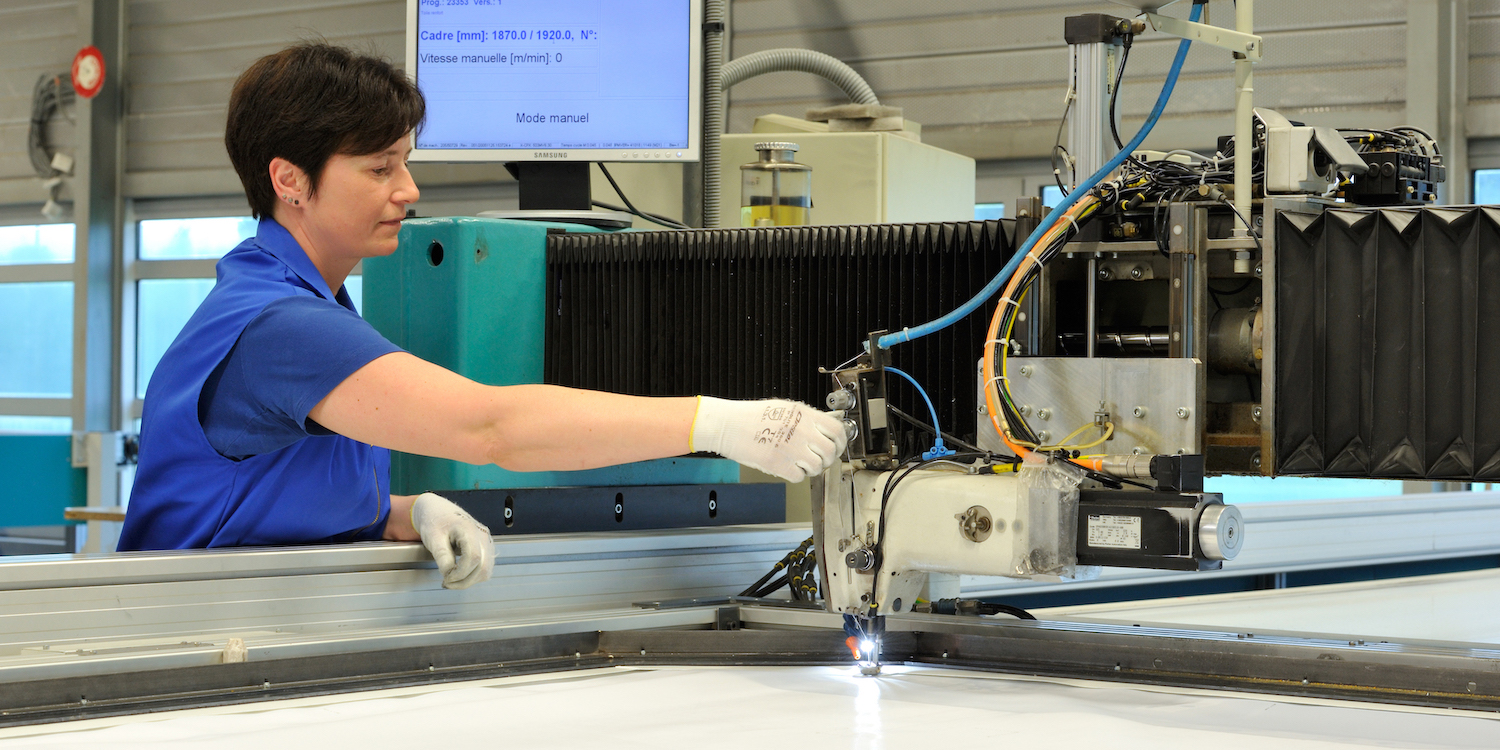
Daily management and experimentation in a crisis
FEATURE – As businesses struggle with disruption and an uncertain future in the midst of the Covid-19 crisis, the author suggests they turn to lean daily management and get into an experimentation mindset.
Words: José Roberto Ferro, Founder, Lean Institute Brasil
In these times of crisis, everything feels in a constant state of flux. In small businesses like in huge corporations, in individual processes and workstations as much as across operations, all our assumptions and habits are being challenged. The only thing we know for certain is that nothing is certain.
In such a context, it is natural to initially focus our resources and efforts on surviving – the most human of reactions. For many, this means stopping our planning activities, postponing decisions, halting operations, cancelling purchase orders, laying off people, and so on. To some (probably few) of you the “new normal” is bringing the opportunity to speed up growth, hire people, purchasing more or new materials or services.
Regardless of the group you belong to, it’s clear that adjusting to this completely new situation is something everybody needs to do and is doing right now. With this in mind, I think we should all be asking ourselves a couple of questions:
- What are the most important tools and techniques we need right now?
- What is the right mindset to face this crisis?
In my opinion, daily management is by far the most important process you need to focus on, because it will give you the clarity you need to make business-important decisions based on facts and data – rather than assumptions and emotions. Depending on where you are on your lean journey, your daily management system might need to be fine-tuned and strengthened, rethought if the one you have in place is not robust enough, or altogether introduced.
And when it comes to mindset, I suggest placing experimentation at the heart of your work – in a way turning each day into a new experiment.
But what does this mean in practical terms? What do we need to do now?
Most organizations have probably set up a crisis-management process at different levels of the organization already. (Some might even be using a “war room” – or obeya, a term that seems more appropriate than ever right now.) This process has possibly been running daily and has, unsurprisingly, proved very chaotic at times. It is entirely normal, especially given the exceptional circumstances.
If your company already has a structured Daily Management system in place, it is very likely that the strategy connected to it will have to be substantially reviewed as the current month (and probably the next few ones) is very different from what was anticipated some time ago, when plans were made. In light of these developments, it may be necessary to revisit your Daily Management routines.
In a typical Daily Management process, as we look at the PDCA learning cycle, the Plan and Do phases are mainly defined by the strategy and strategic objectives. And what is done every day to get there is represented by the C (Check) and A (Act). At the moment, because of the current uncertainty and instability, it might be necessary to review our strategic objectives on a daily basis (that is, a new P-D every day), which would of course call for a different response (a new C-A every day). You might have to run a complete PDCA cycle every day – sometimes more than once a day, even hourly.
As you work on your Plan phase, you should be aware that you are going to have to make decisions with limited information available, under ever-changing circumstances, and often in a very stressful context. You’ll be called to answer the question, “What problem are we trying to solve?” more quickly than ever before, because tomorrow a completely new problem might arise.
Another precondition to be able to effectively meet the most fundamental needs of the business at this critical moment is to align as much as possible the three main levels of Daily Management – strategic, managerial and operational – by implementing a solid communication strategy.
An additional challenge – especially for those organizations that have not mastered the use of Daily Management yet – is to do all this remotely, as lockdowns around the world force most of us to stay at home and work from there. These companies will have to learn fast, perhaps relying on friendly software that emulates the same dynamics of a face-to-face Daily Management meeting that uses simple visual management tools. You may need to adapt the digital solution to your requirements in order to enable the flow of critical information across the company and effectively track actions and the expected results (real vs expected).
Organizations – especially those who are yet to embrace Lean Thinking – will have to necessarily change their mindset, whether or not their staff generally accepts change and has the capability to make rapid adjustments. We need to understand that, faced with an emergency like the Covid-19 pandemic, we need much shorter learning cycles, at least daily. Until recently, this could give a company a competitive advantage; now, it’s a matter of survival. Of course, there is a good chance you will be making mistakes every day, too; however, the very fact that the following day you will be back at it will allow you to adjust, learn and move on to the next experiment. After all, this is the sort of learning speed any organization should strive for.
Of course, when the dust finally settles and the new normal emerges, a big re-evaluation of your overall strategy will also be necessary. It might be very different from what it’s been so far, to reflect the changes in market conditions. Demand will likely fluctuate for some time, which will force you to define a new takt time and possibly review your budget, too. Until that moment comes, take care of your people – they are essential to your future – and support both their physical and mental health – by, respectively, providing a safe working environment and protecting their jobs.
Remember, what we do today will make your company better tomorrow, whatever situation we might find ourselves in. It’s our duty to do everything we can to make it better than it ever was.
This article is also available in Hungarian here.
THE AUTHOR

Read more


CASE STUDY – Italian company El.Co. leveraged digitalization to overcome some key limitations of its manual kanban system while maintaining its pull system intact.


NOTES FROM THE GEMBA – It can take time to challenge our misconceptions and set off on a lean journey. Once we get it, however, it’s hard to stop the improvements, as this French company found out.


FEATURE – The third article in this new series discusses Theodo’s approach to talent recruitment and development, to ensure the right resources are there to support the company’s growth at all times.


FEATURE – A real understanding of Lean Thinking can only stem from an exploration of its tacit aspects, not just its most explicit, easy-to-grasp elements.

